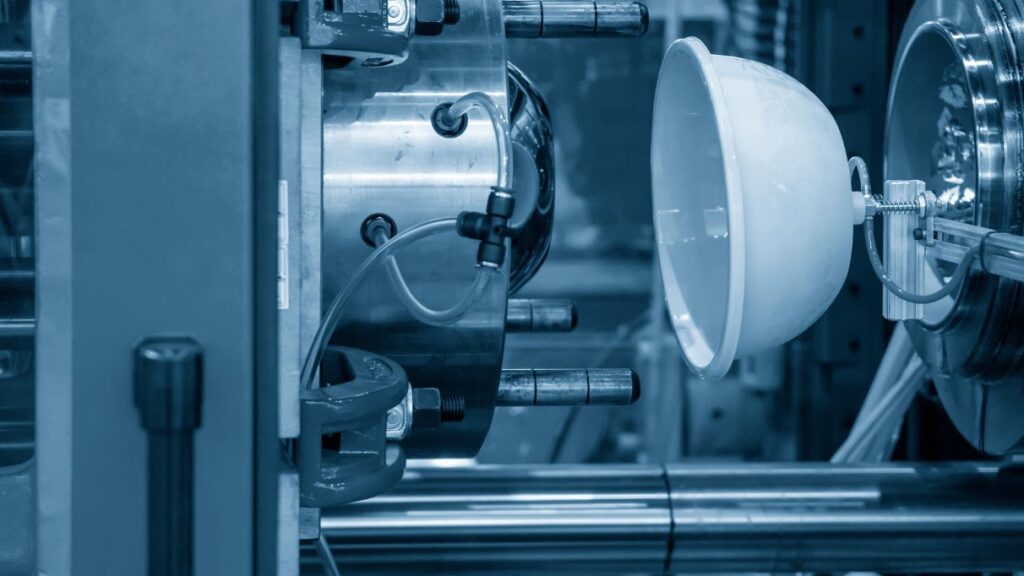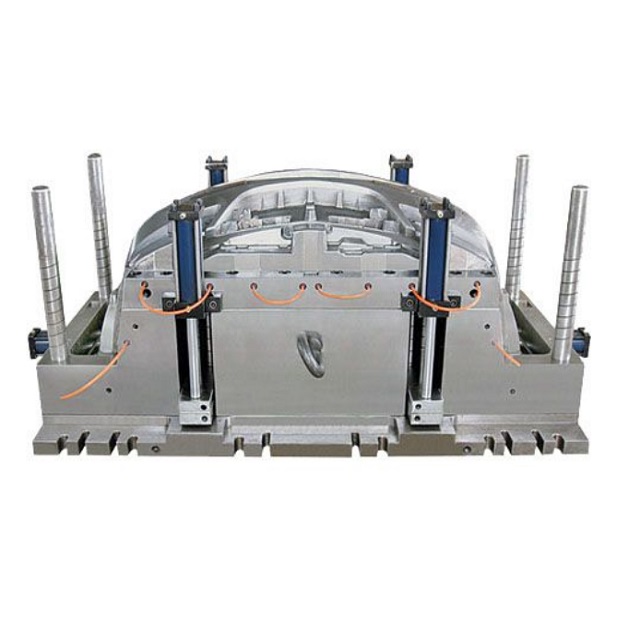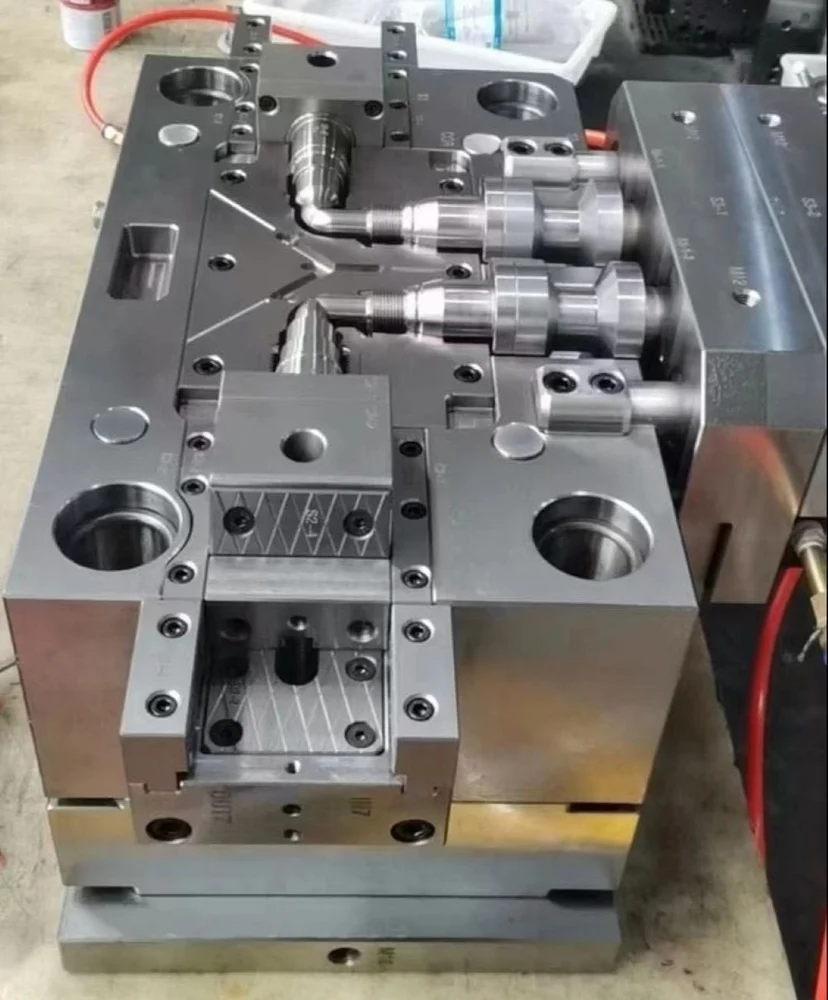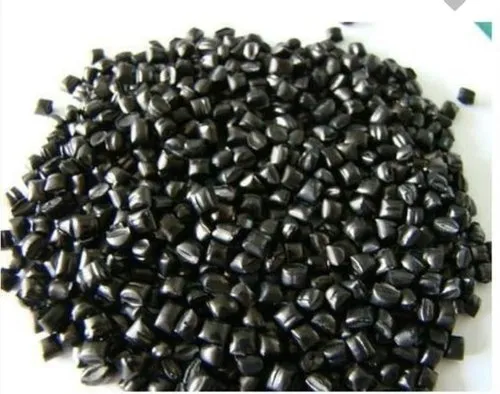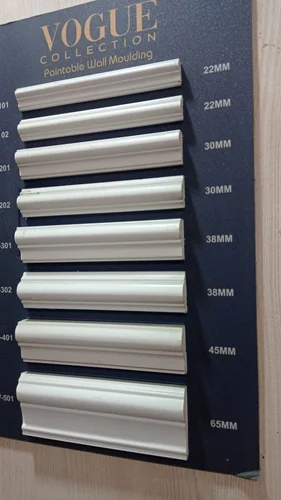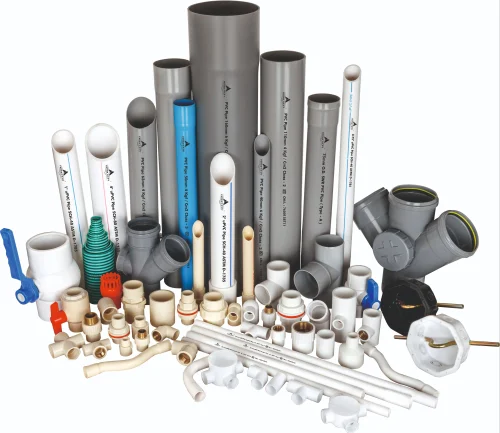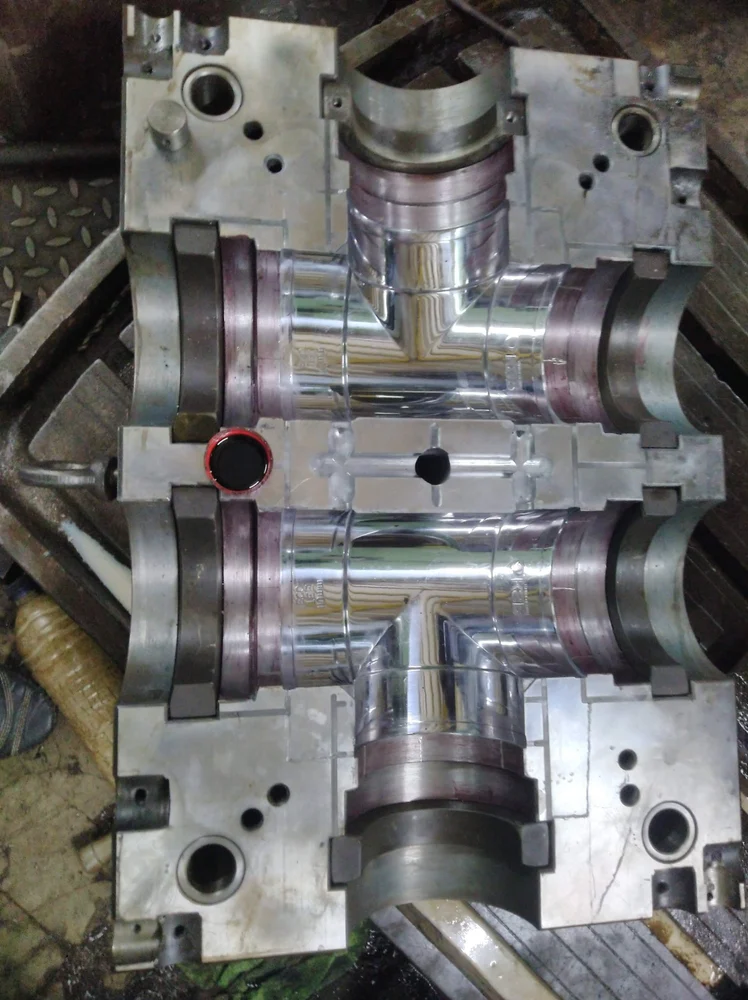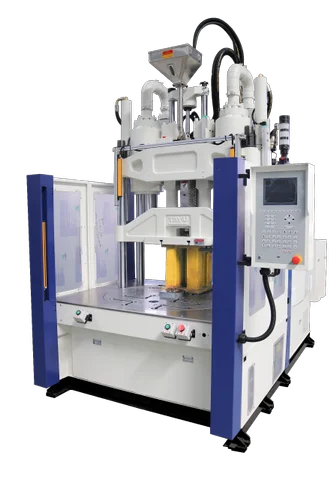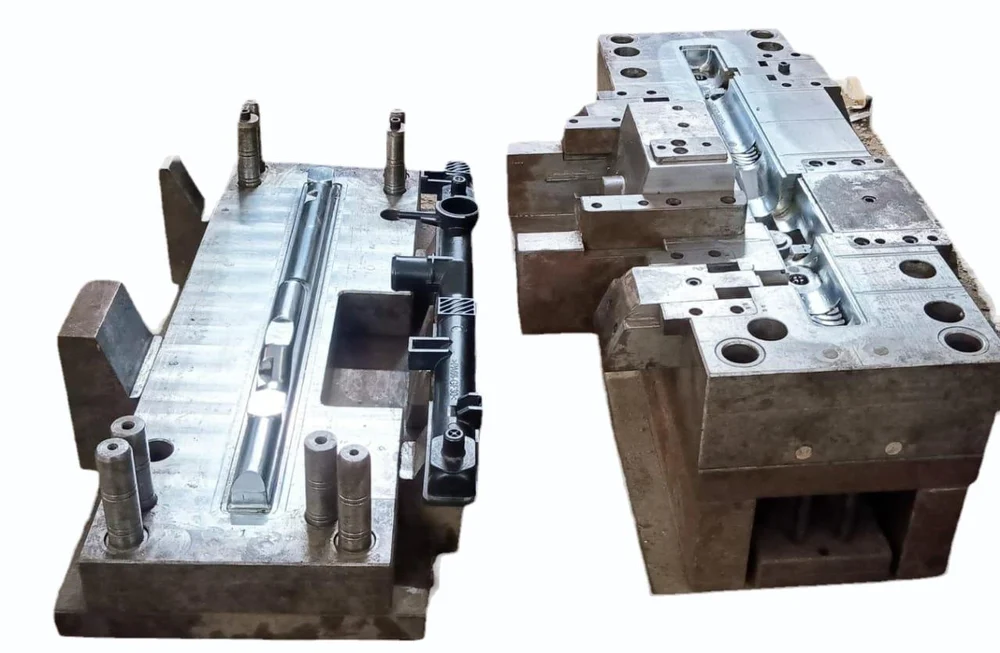Eco-Friendly and Sustainable Materials in Injection Molding
Injection molding is a widely used manufacturing process for producing parts and products, typically made from plastic. However, as concerns about environmental impact and sustainability grow, there has been a significant shift towards using eco-friendly and sustainable materials in injection molding. This shift is driven by the need to reduce plastic waste, promote recycling, and […]
Eco-Friendly and Sustainable Materials in Injection Molding Read More »
